Nightmare at the museum
Miriam Bell
The evening after New Zealand’s October 14 general election, the Auckland War Memorial Museum lit up its exterior in blue and white in solidarity with Israel, following the Hamas terror attacks a week earlier.
It initially said it condemned all acts of violence and terrorism, and that lighting up the museum was “an expression of hope for peace.”
In doing this, the Museum joined many landmarks around the world, including the Sydney Opera House, 10 Downing St, the Brandenburg Gate, the EU Headquarters, and the Eiffel Tower, that had done the same.
Shortly after the museum was illuminated, around 100 pro-Palestinian supporters turned up in protest, covering up the lights to block out the display.
While the “protestors” described the event as peaceful, according to eye-witness reports from people who turned up to see the light display, antisemitic rhetoric was very much present.
That has happened at other such events, such as at the Sydney Opera House. But it was what followed that made New Zealand unique.
The next day the Museum’s chief executive David Reeves issued an apology for the lights. He said it was meant to be “an expression of hope for peace,” but the approach was wrong, and he apologised for “the distress and hurt caused to members of our community.”
NZ Jewish Council spokesperson Juliet Moses said that to the best of her knowledge that has not happened anywhere else in the world.
She described the Museum’s actions as a “betrayal”, which had further hurt the Jewish community.
New Zealand’s Holocaust and Antisemitism Foundation said the Museum’s apology for expressing solidarity with Israel in the wake of the worst slaughter and atrocities against Jews since the Holocaust was shameful.
After the virulently antisemitic protests at the Sydney Opera House, many prominent figures in Australia condemned what had happened and spoke out in support of the Jewish community. That did not happen in New Zealand.
Moses said part of the reason for the silence on the incident from those outside the Jewish community could be the post-election limbo the country was currently in.
The centre-right block of the National and ACT parties won the election, but a tight majority means they cannot form a government until special votes are counted.
Moses said while that might help explain the silence from National and Labour, both of which have condemned the Hamas attacks, it did not apply to media or civil society leaders, who could do much to set the tone.
In her view, there was more at play than just the post-election interregnum.
“We just don’t have people in authority in New Zealand who speak out about issues such as the shambles at the Museum. We’ve seen this before – in response to my saying all forms of terrorism should be condemned at the counter-terrorism hui [“Assembly”] in 2021, for example.”
At the hui, Moses referred to a pro-Hezbollah rally held in Auckland as part of this call and was accused of Islamophobia and racial insensitivity.
Adding to this, the Green Party and Te Pati Maori have not been silent in the post-election period, with both parties saying nothing justified the IDF’s “indiscriminate” bombing of Gaza.
Te Pati Maori has also called for the expulsion of the Israeli Ambassador, and accused Israel of colonial occupation, instituting an apartheid regime and genocidal rhetoric.
Moses said there was a tendency for New Zealand media to go along with this version, without offering counterbalancing information or opinion.
As an example, Moses cited a Radio NZ interview with Te Pati Maori co-leader Debbie Ngarewa-Packer, where the host allowed Ngarewa-Packer to speak at length without challenging her.
The Jewish community had been left shocked, devastated, grieving, and fearful about the events in Israel, as well as the reaction here and around the world, she said.
Going forward, strong political and civil society leadership was needed, Moses said.
Israel Institute of NZ co-director Dr David Cumin agreed, noting that New Zealand politicians had been out of step with other liberal democratic nations.
Politicians must show leadership in unequivocally condemning terror, and not use inflammatory language to demonise Israel, he said.
“It would be great if MFAT (the Ministry of Foreign Affairs and Trade) officials would be replaced with people who take terror seriously, even when the victims are Israelis, and do not recommend funding UNRWA schools that teach children to glorify the murder of Jews.
“And who also do not apparently block the designation of Hamas and Hezbollah as terrorists for a dream of reinvigorating trade with Iran.
“It is disheartening when some people are still demanding evidence of butchered Israeli babies, and people (including journalists) who seem more inclined to believe Hamas than the IDF about the al-Ahli Arab Hospital bombing,” he said.
* This reporter understands representatives of the Holocaust Centre of NZ will meet with representatives from the Museum; and that Jewish community officials have met with government agencies, including MFAT.
This article was originally written for, and published in, the Australia Israel Review.


